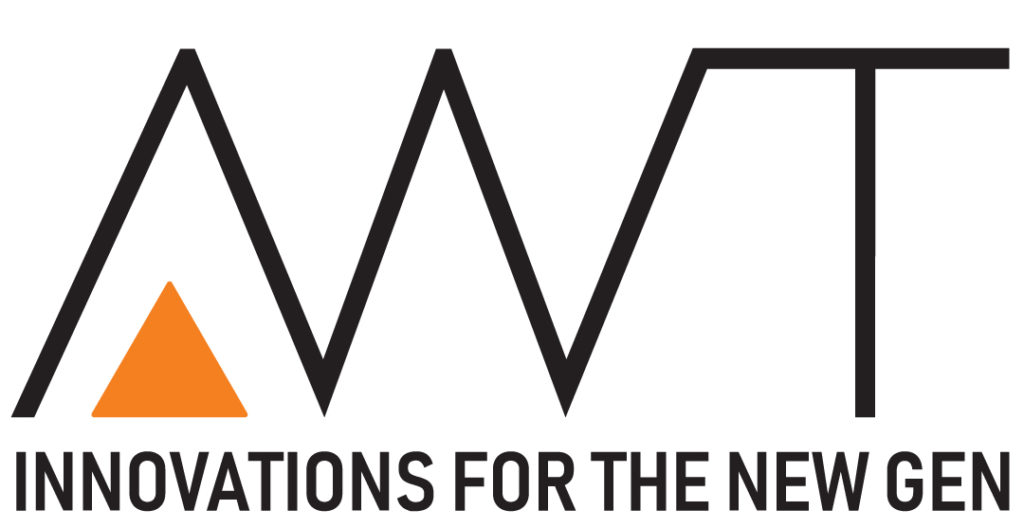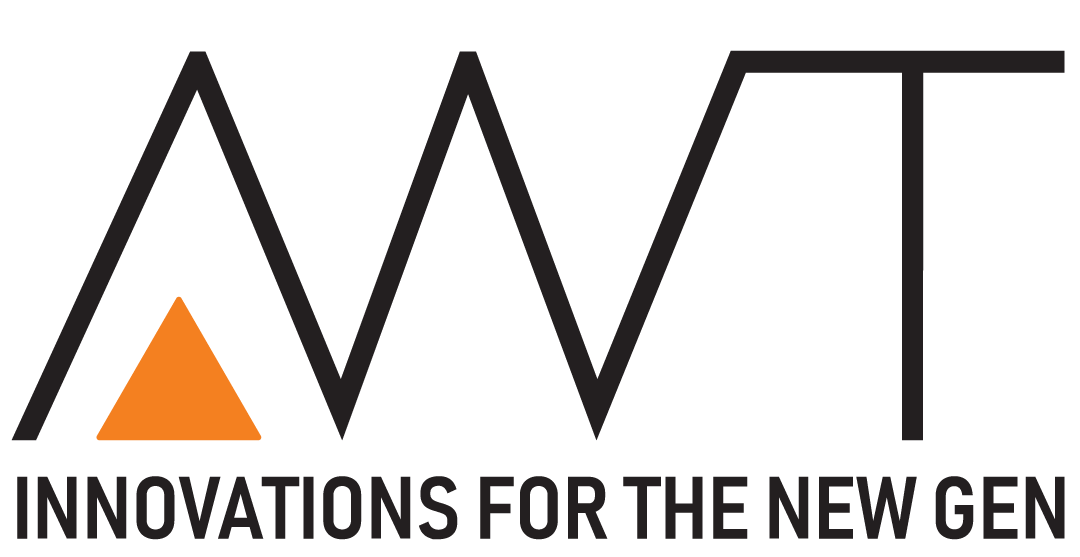Blockchain
UI / UX Design
Software Development
QA & Testing
Deliver
A Blockchain development agency in Bangalore!
It is a distributed ledger technology that uses cryptography to secure and validate transactions. It is the technology that underlies cryptocurrencies such as Bitcoin and Ethereum. In a blockchain network, transactions are grouped into blocks and added to a chain, creating an immutable record of all past transactions. Once a block is added to the chain, the data it contains cannot be altered or deleted, creating an immutable record of all transactions. Blockchain also offers decentralization and immutability, which eliminates the need for intermediaries and ensures that the data stored on the blockchain cannot be altered.

We are a leading blockchain development business that delivers cutting-edge future blockchain solutions, and we have the expertise to exploit this new revolutionary technology’s capability.
Before recommending a Blockchain solution for your business, we take the time to learn about your company’s unique needs.
Enterprises in major industrial sectors have turned to blockchain technology after seeing the potential of this disruptive platform on the market.
We have extensive experience developing decentralised, secure, and reliable blockchain apps utilising a variety of frameworks.
One of the most important elements of the blockchain platform is its ability to be integrated. Our professionals make sure that the application is properly integrated with the cloud.
To verify that all components of the blockchain fabric interact in a desired fashion, we provide blockchain application testing services.
Frameworks
- Bitcoin
- Ethereum
- Hyperledger
Frameworks
- Multichain
- Fabric
- Sawtooth
Frameworks
- Corda
- Parity
- Exonum
Frameworks
- NXT
- R3
Cutting-edge
technologies
100+
Satisfied Customers
300+
Projects completed
Frequently Asked Questions
Blockchain is a decentralized digital ledger that records transactions across a network of computers. It uses cryptography to secure and verify transactions as well as to control the creation of new units of a particular cryptocurrency.
Blockchain technology works by creating a chain of blocks, each containing a set of transactions. These blocks are linked together through a cryptographic process, creating a secure and unbreakable chain. Each block also contains a unique code, called a “hash,” that links it to the previous block. This creates a permanent and unchangeable record of all transactions on the blockchain.
Blockchain technology uses advanced encryption and consensus mechanisms to ensure the security of transactions. Transactions are validated by multiple nodes on the network, making it difficult for a single entity to tamper with the data. And once a block is added to the chain, it cannot be altered, creating an immutable record of all transactions. This transparency allows multiple parties to have access to the same information and reduces the risk of fraud or errors.
Blockchain technology is a relatively new and rapidly evolving field, and regulations are still being developed. However, it’s important for us to stay informed about any relevant regulations and to work with legal and give consent for teams to ensure that their use of blockchain technology is compliant. It’s also important to note that specific industries may have their own set of regulations that we must adhere to.
While most public blockchains are designed to be transparent, there are ways to maintain privacy on a public blockchain. One approach is to use “zero-knowledge proofs” which allow for the verification of a statement without revealing any additional information. We use “private” or “permissioned” blockchains where access to the network is restricted to a specific group of participants who also help to maintain privacy.
Our company is successful with staying up-to-date with the latest developments by following industry news, attending blockchain conferences and events, and participating in online communities and forums. Added to this we also work with blockchain development teams or consulting firms to stay informed about the latest advancements and trends in the industry.
Integrating blockchain technology with existing systems can be a complex process and requires a thorough understanding of both the blockchain technology and the existing systems. We work with our blockchain development teams to design and implement solutions that integrate seamlessly with existing systems.
Backing up and recovering a blockchain solution is crucial for ensuring the continuity of the network in case of any unexpected events. We use different approaches to handle backup and recovery such as regularly taking snapshots of the blockchain and storing them in secure off-site locations. And also, work on the “multi-signature” technology, which allows multiple parties to sign off on transactions, which can help to mitigate the risk of a single point of failure.
We need to upgrade and maintain the blockchain solution to ensure the continuity of the network and to address any issues that may arise. We use different approaches to handle upgrades and maintenance such as using “soft forks” which are non-disruptive upgrades to the network and “hard forks” which involve a more extensive upgrade and may require a new version of the software.
Ensuring compatibility of a blockchain solution with different platforms and devices is important to ensure widespread adoption and usage. Companies can use different approaches to ensure compatibility such as using “API” to provide easy access to the blockchain network and building cross-platform compatible solutions.

